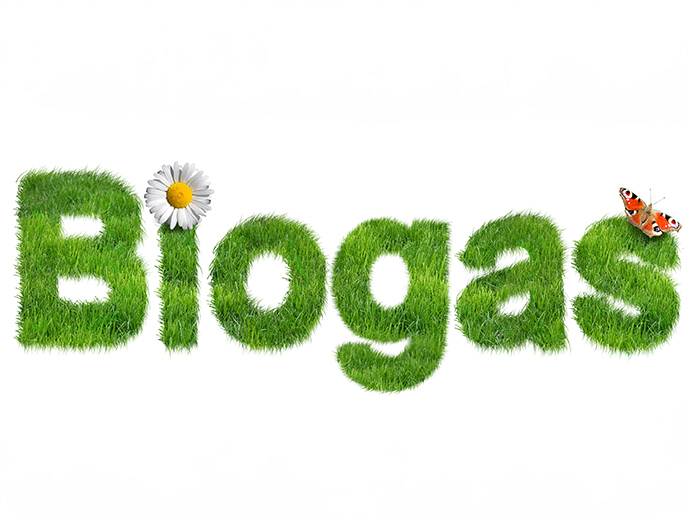Opening the black box of methane production
Since its launch in 2021, the EU-funded project MICRO4BIOGAS has been working to revolutionise European biogas production with the aim of supporting the EU’s transition to renewable energy. To make this possible, it has focused on the development of highly efficient microbial consortia, or communities, that naturally inhabit anaerobic digesters (microorganisms that break down organic matter). Anaerobic digestion has an important role to play in the quest for sustainable energy solutions. In this process, biogas is synthesised from various sources of organic waste in order to produce methane, a renewable source of energy that can be converted to liquid fuels or electricity. “Despite the EU’s status as the world’s largest biomethane producer in 2018, producing 2.28bcm [billion cubic metres], there are many unknowns from an engineering point of view,” reports a news item on the ‘Innovation News Network’ website based on a discussion with Prof. Manuel Porcar of MICRO4BIOGAS project coordinator University of Valencia, Spain. “The underlying microbial processes driving methane production remain opaque and are still considered a ‘black box’ subjected to a high degree of variability. Therefore, this industrial process presents opportunities for improvement in the systematic optimisation of yield, quality, speed and robustness.”
A bioaugmentation kit
This is where MICRO4BIOGAS comes in. By combining microbial consortia based on strains that naturally inhabit anaerobic digesters and synthetic microbial consortia with enhanced capabilities, the project team is striving “to develop the basis for a user-friendly kit for bioaugmentation of biogas production.” In other words, the ultimate goal is to gain the know-how needed for scientists to completely control key microbial players and the inoculation of selected strains when needed. Based on microbial consortia selected according to their efficiency, speed and robustness, the MICRO4BIOGAS bioaugmentation strategy will make it possible for scientists to develop biotech products that increase the yield and quality of the produced biogas. “This holistic approach contributes directly to Europe’s renewable energy landscape, promotes circular economy principles through waste valorisation, and advocates for biogas production facilities’ economic and ecologic merits. The project expects to create a positive, deep impact on both policymakers and stakeholders, contributing to the much-needed growth of this renewable fuel.” MICRO4BIOGAS achievements in the past year include the discovery of a new bacterial order referred to as Darwinibacteriales, which has the potential to improve biogas production. The study has been posted on ‘bioRxiv’. The project team have also launched a podcast to disseminate their knowledge. Called ‘Fuelled by Microbes’, the podcast explores the role biogas plays in the green energy transition, as well as its pros, cons and future prospects. MICRO4BIOGAS (Natural and Synthetic Microbial Communities for Sustainable Production of Optimised Biogas) supports the goals of the EU Bioeconomy Strategy and the European Green Deal. It also contributes to the United Nations’ Sustainable Development Goals of ensuring access to clean and affordable energy and combating climate change and its impacts. The project ends in May 2025. For more information, please see: MICRO4BIOGAS project website
Keywords
MICRO4BIOGAS, biogas, anaerobic digestion, methane, microbial consortium, renewable energy



